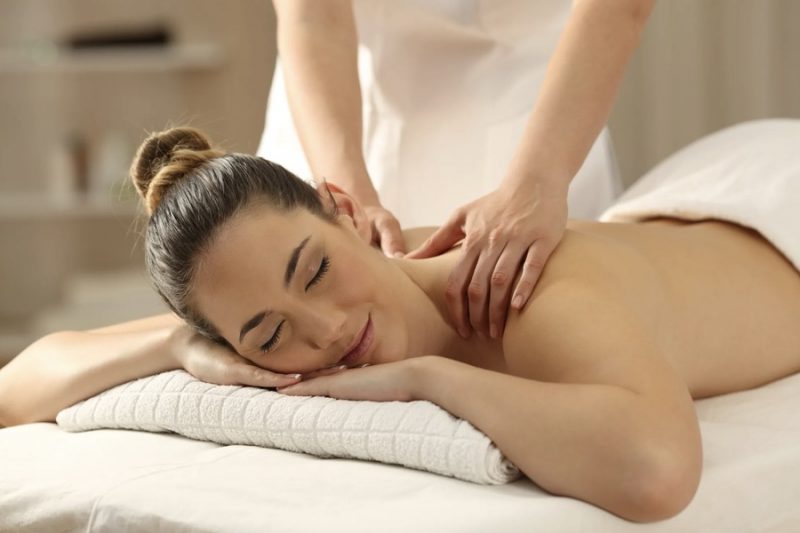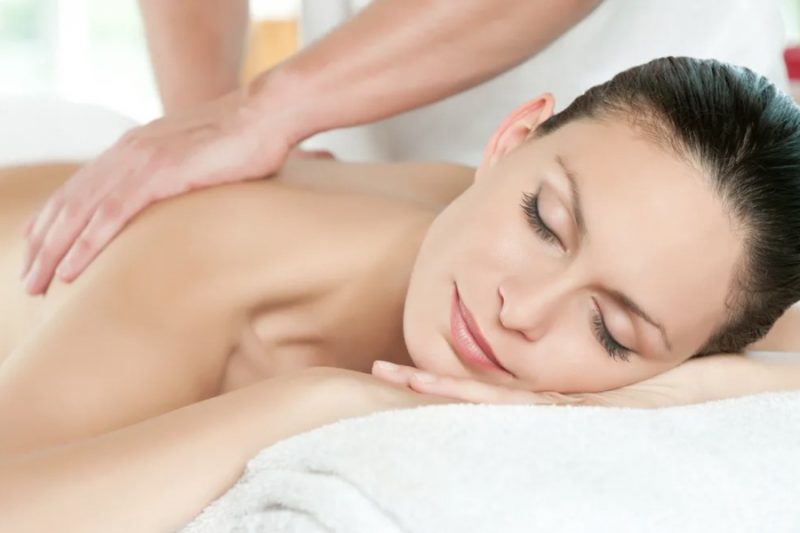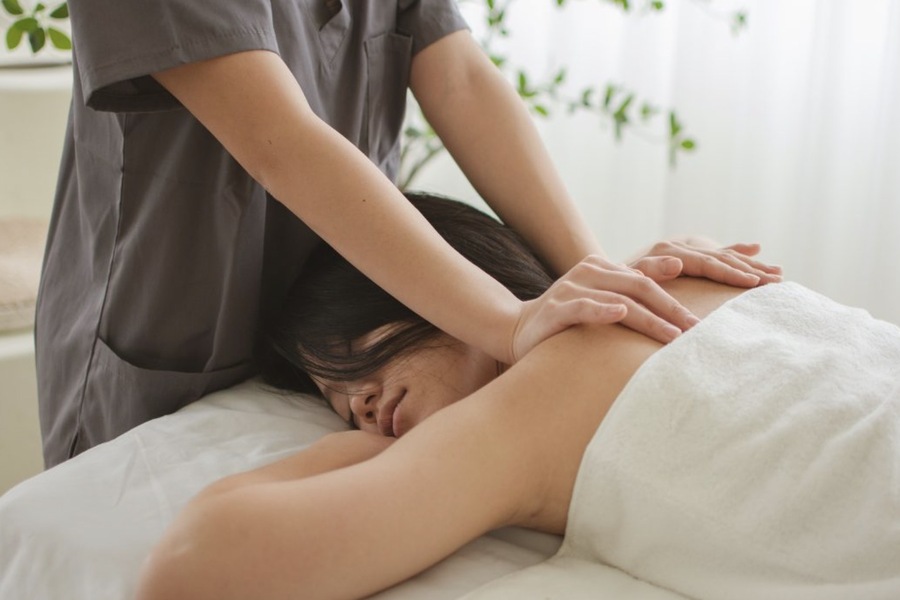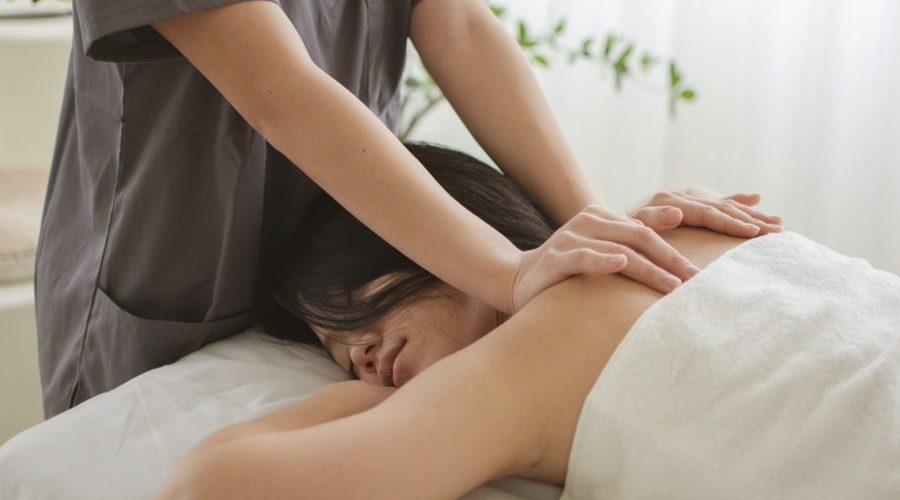Massage is widely recognized as a therapeutic practice that benefits both physical and mental health. While the physical effects of massage, such as reducing muscle pain and improving circulation, are well-documented, its mental health benefits are equally profound. The hands of a skilled massage therapist can do much more than ease physical tension—they can also alleviate stress, reduce symptoms of anxiety and depression, and promote emotional recovery. Techniques like the Swedish relaxation massage are particularly effective in providing both physical relief and mental calm. This article explores the mental health benefits of massage and the various ways it positively affects emotional well-being.
Page Content
How Massage Improves Mental Health
Massage therapy has been shown to positively influence the nervous system, providing relief from various mental health challenges, such as anxiety and depression. The connection between the mind and body means that relaxing the muscles and improving physical well-being can significantly impact emotional and mental states. Here are some mental health issues that massage can help alleviate:
1. Anxiety and Symptoms of Depression
By promoting relaxation, massage helps reduce muscle tension and improve mood through the stimulation of serotonin and dopamine—neurotransmitters responsible for feelings of happiness and pleasure. These hormones play a crucial role in combating the symptoms of anxiety and depression, offering a natural way to boost mood.
2. Mental Stress
Massage encourages mindfulness by helping the recipient focus on the present moment. As it relieves mental tension, it calms stressful thoughts and reduces overall anxiety levels, allowing the mind to reset and recover from daily pressures.
3. Emotional Recovery
The power of touch during a massage can create a sense of security and comfort, which is particularly beneficial for individuals recovering from emotional trauma. The soothing effect of a therapist’s touch provides a nurturing environment that fosters healing and emotional balance.
4. Hyperactivity and Impulsivity (Children with Autism Spectrum Disorders and Other Mental Conditions)
Massage has been shown to offer positive outcomes in addressing hyperactivity and impulsivity, particularly in children with autism spectrum disorders (ASD). Massage therapy can reduce anxiety, improve focus, and regulate emotional responses, leading to better behavior and mood stabilization.
5. Strengthening Social Connections
When performed in pairs or group settings, massage can facilitate social bonding. The shared experience of relaxation and physical well-being helps build connections, strengthen relationships, and provide a sense of shared calm.
6. Stimulation of the Lymphatic System
One of the lesser-known benefits of massage is its ability to stimulate the lymphatic system, which helps eliminate toxins from the body. This not only boosts physical health but also contributes to a sense of well-being and mental clarity.
7. Increased Energy Levels
Regular massage sessions can reinvigorate both body and mind, helping individuals feel more energized and refreshed. The reduction in mental stress, combined with improved circulation, leads to higher energy levels and improved mental clarity.
8. Relief from Chronic Muscle Clamps and Tension
Habitual muscle tension, often a result of stress, can accumulate in the body over time. Massage therapy helps release these “muscle clamps,” restoring mobility and comfort, while also contributing to mental relaxation.
9. Boosting Self-Confidence
Feeling physically and mentally restored after a massage often inspires individuals to take better care of themselves in other areas of their lives, such as maintaining a healthier work-life balance, getting adequate sleep, and practicing self-care routines. This leads to enhanced self-esteem and personal empowerment.

The Neurochemical Effects of Massage on the Brain
Massage has a direct impact on the body’s hormonal balance, especially hormones related to stress and mood regulation. Below are some of the primary neurochemical effects massage has on mental health:
Reduced Cortisol Levels (the Stress Hormone)
Cortisol is the hormone associated with stress, and prolonged high levels can lead to various health problems, including anxiety and depression. Massage helps lower cortisol levels, promoting relaxation and reducing feelings of stress and overwhelm.
Increased Serotonin and Dopamine Production
These two key neurotransmitters are responsible for feelings of happiness and emotional well-being. By stimulating their production, massage helps combat feelings of sadness, depression, and low energy, providing a natural mood boost.
Release of Endorphins
Endorphins, often referred to as the body’s “feel-good” chemicals, are released during a massage. They help create a sense of happiness, improve mood, and provide a natural pain-relief mechanism.
Enhanced Self-Awareness
Massage encourages individuals to become more attuned to their bodies and their emotional state. This heightened awareness fosters mental clarity and helps individuals focus on the present moment, reducing stress and promoting mindfulness.
Improved Sleep Quality
For those struggling with insomnia or poor sleep quality due to stress, massage can be particularly beneficial. By relaxing the body and calming the mind, massage helps promote better sleep patterns, leaving individuals feeling more rested and mentally balanced.

Choosing the Right Type of Massage for Mental Health
Not all massages are the same, and the mental health benefits can vary depending on the technique used. Some massages focus on energizing and invigorating the body, while others are designed to reduce stress and induce deep relaxation. Below are some types of massage that are particularly effective in improving mental health:
Neuro Massage
This technique involves stimulating specific areas of the central nervous system that regulate mood and emotions. Neuro massage helps balance emotions and improve mental well-being by targeting the brain’s regulatory systems.
Head and Face Massage
Focusing on areas prone to holding stress and tension, head and face massages promote deep relaxation and improve mood by soothing the nervous system. This type of massage is especially effective in reducing stress and promoting a sense of calm.
Reflexology
Reflexology is based on the theory that specific points on the feet, hands, and ears correspond to different organs and systems of the body. By stimulating these points, reflexology can help reduce stress, improve the function of internal organs, and promote overall well-being.
Aromatherapy Massage
Aromatherapy combines classic massage techniques with the therapeutic use of essential oils. The selection of oils, such as lavender for relaxation or peppermint for mental clarity, enhances the stress-reducing benefits of massage by engaging the sense of smell.
Swedish Massage
Swedish massage is a popular technique that involves stroking, kneading, and applying gentle pressure to relax muscles and improve blood circulation. It’s highly effective in relieving physical and mental tension, making it ideal for those seeking stress relief.
Deep Tissue Massage
This technique targets deeper layers of muscle and connective tissue to relieve chronic tension, often caused by prolonged stress. Deep tissue massage is beneficial for individuals with persistent muscle pain and blockages, helping restore the normal function of muscles and improving overall mental well-being.
Foot Massage
The feet contain a high concentration of nerve endings, and massaging these points can help harmonize the entire body. Foot massages are particularly effective in reducing stress and relieving nervous tension.
Relaxing Massage
Designed specifically for stress relief and relaxation, a relaxing massage is ideal for combating chronic fatigue and feelings of weakness. This type of massage helps lift mood, relieve tension, and promote an overall sense of well-being.
Conclusion
Massage is a powerful tool not only for physical healing but also for mental and emotional well-being. Whether you’re looking to reduce anxiety, recover from emotional stress, or simply feel more grounded, regular massage sessions can significantly improve mental health. By selecting the right type of massage, you can enjoy a range of benefits, from increased energy levels to better sleep quality and enhanced emotional resilience. Incorporating massage into your self-care routine is an investment in both your physical and mental health, leading to a happier, more balanced life.


